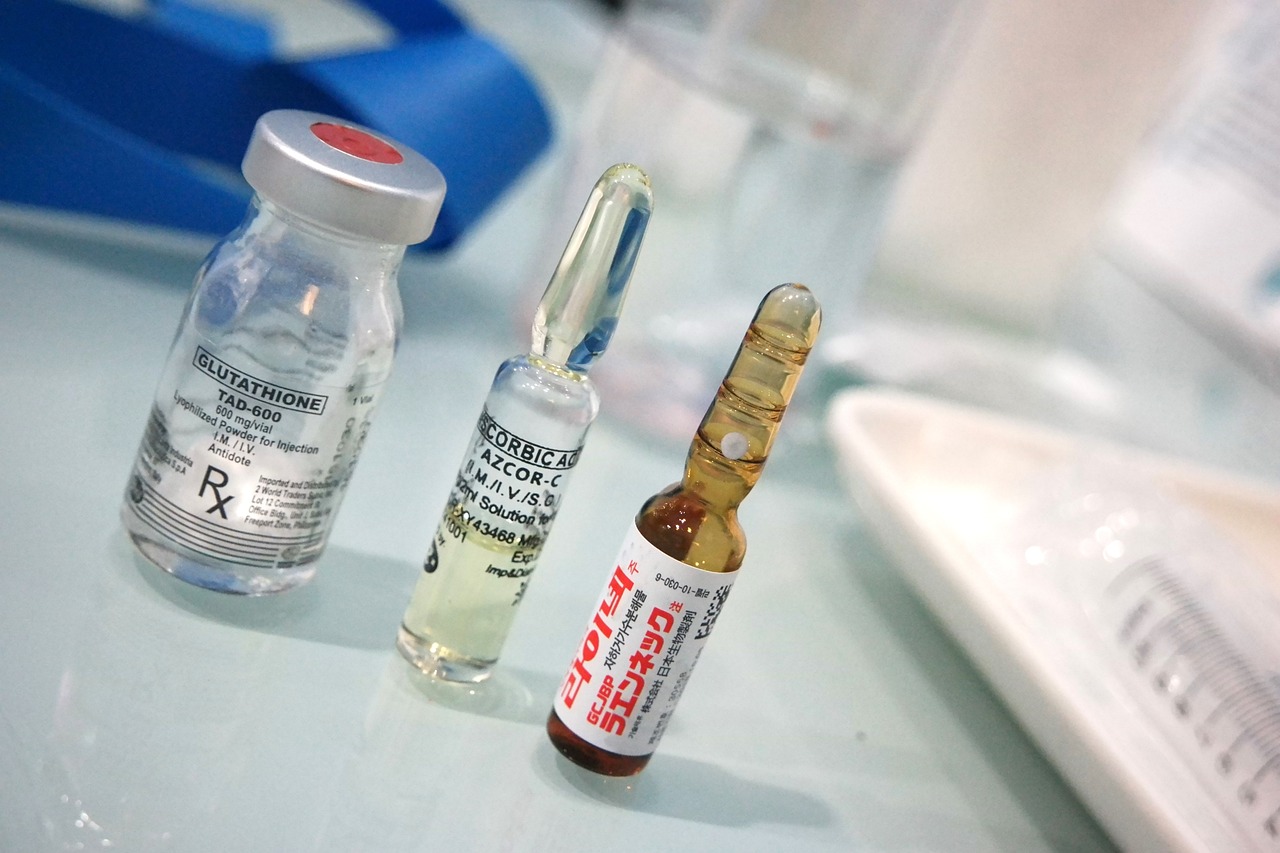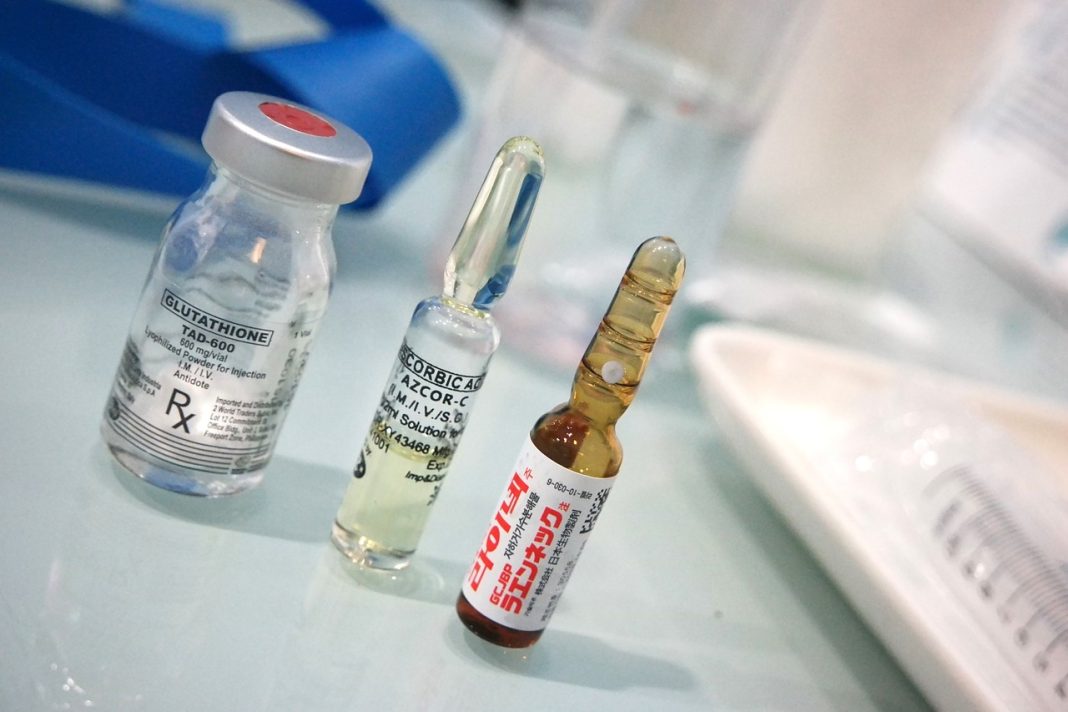
Disease prevention is a crucial aspect of maintaining good health and well-being. With the ongoing COVID-19 pandemic, the importance of disease prevention has become even more evident. While some diseases are preventable through vaccination, others require lifestyle changes and preventative measures to reduce the risk of contracting them. In this article, we have compiled expert advice from healthcare professionals and researchers on the top disease prevention tips that individuals can implement in their daily lives. These tips cover a range of diseases, from infectious diseases to chronic illnesses, and provide practical advice on how to stay healthy and prevent the spread of disease.
1. Introduction: The Importance of Disease Prevention
Disease prevention is crucial in maintaining a healthy population. It involves taking measures to reduce the risk of diseases and illnesses from occurring. Prevention can be achieved through various means, including vaccination, lifestyle changes, and environmental modifications. The importance of disease prevention cannot be overstated, as it not only reduces the burden on healthcare systems but also improves the quality of life for individuals.
One of the most effective disease prevention measures is vaccination. Vaccines work by stimulating the immune system to produce antibodies that can fight off specific diseases. Vaccination has been instrumental in eradicating diseases such as smallpox and reducing the incidence of others such as polio and measles. It is important to note that vaccines not only protect the individual who receives them but also those around them who may not be able to receive vaccines due to medical reasons. Vaccination is a critical component of disease prevention, and it is essential that individuals receive recommended vaccines to protect themselves and their communities.
Another important aspect of disease prevention is lifestyle changes. Unhealthy habits such as smoking, excessive alcohol consumption, and poor diet can increase the risk of developing various diseases such as heart disease, cancer, and diabetes. Adopting healthy habits such as regular exercise, a balanced diet, and avoiding harmful substances can significantly reduce the risk of developing these diseases. Environmental modifications such as improving sanitation and hygiene practices can also prevent the spread of infectious diseases. Disease prevention is a multifaceted approach that requires the cooperation of individuals, healthcare providers, and policymakers to ensure a healthy population.
2. Expert Advice: Top Tips for Preventing Common Diseases
Preventing common diseases is essential for maintaining good health. Here are some top tips from experts:
- Wash your hands frequently: Washing your hands regularly with soap and water is one of the best ways to prevent the spread of germs and infections. Make sure to wash your hands before and after eating, after using the restroom, and after being in public places.
- Get vaccinated: Vaccines are a safe and effective way to prevent many diseases, including flu, measles, and pneumonia. Talk to your healthcare provider about the vaccines that are recommended for you.
- Eat a healthy diet: A diet that is rich in fruits, vegetables, whole grains, and lean protein can help boost your immune system and reduce your risk of developing chronic diseases like diabetes and heart disease.
- Exercise regularly: Regular physical activity can help improve your overall health and reduce your risk of developing diseases like obesity, high blood pressure, and heart disease. Aim for at least 30 minutes of moderate-intensity exercise most days of the week.
By following these tips and adopting healthy habits, you can reduce your risk of developing common diseases and improve your overall health and well-being.
3. Implementing Disease Prevention Strategies in Your Daily Life
Preventing diseases is a crucial aspect of maintaining good health. Here are some strategies that you can implement in your daily life to reduce the risk of contracting diseases:
- Wash your hands frequently: Washing your hands with soap and water for at least 20 seconds can help prevent the spread of germs and viruses. Make sure to wash your hands before eating, after using the restroom, and after coughing or sneezing.
- Maintain a healthy diet: Eating a balanced diet that includes fruits, vegetables, whole grains, and lean protein can help boost your immune system and reduce the risk of chronic diseases such as heart disease, diabetes, and cancer.
- Exercise regularly: Regular physical activity can help strengthen your immune system, reduce stress, and improve overall health. Aim for at least 30 minutes of moderate-intensity exercise most days of the week.
- Get enough sleep: Getting enough sleep is essential for maintaining good health. Adults should aim for 7-9 hours of sleep each night.
Implementing these disease prevention strategies in your daily life can help reduce the risk of contracting diseases and improve your overall health and well-being. Remember to always consult with your healthcare provider before making any significant changes to your diet or exercise routine.
In conclusion, disease prevention is a critical aspect of maintaining good health and wellbeing. By following the expert advice outlined in this article, you can take proactive steps towards safeguarding yourself and your loved ones against a wide range of illnesses. Remember, prevention is always better than cure, and small lifestyle changes can make a significant difference in your overall health. So, take charge of your health today, and incorporate these disease prevention tips into your daily routine to stay healthy and happy for years to come.








